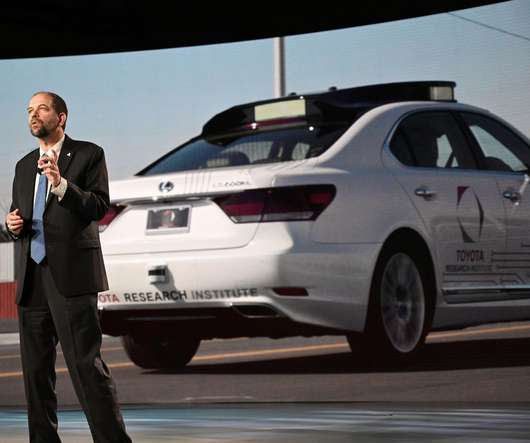Electric vs. Gasoline Cars: Uncovering the Real Climate Savior
The Truth About Cars
FEBRUARY 23, 2024
Photo credit: Nick Starichenko / Shutterstock.com Contrary to common misconceptions , electric vehicles (EVs) generally have a smaller carbon footprint compared to traditional gasoline cars. The shift towards renewable energy sources further enhances the environmental benefits of EVs.











































Let's personalize your content